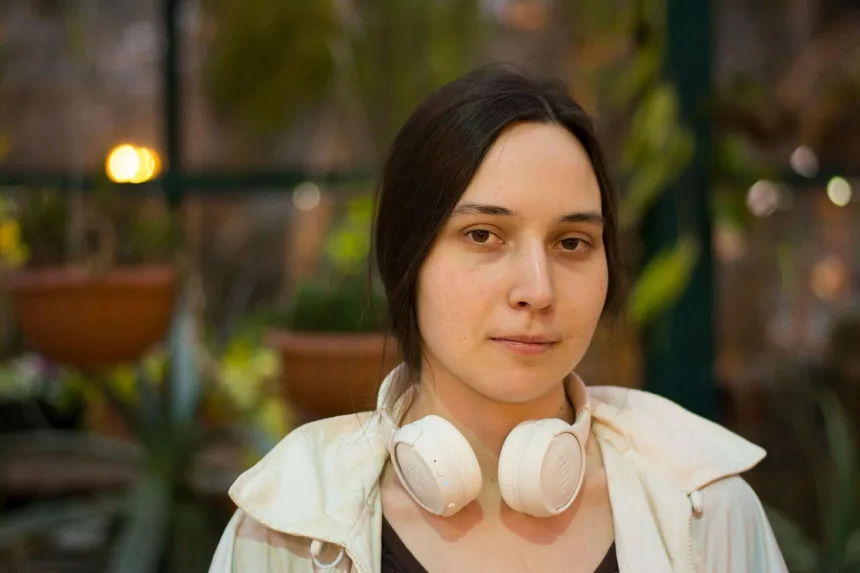A Russian-born scientist and Harvard University researcher, already facing deportation back to Russia, was charged on Wednesday with attempting to smuggle frog embryos into the United States.
Kseniia Petrova, 30, was transferred to a US Immigration and Customs Enforcement facility in Louisiana following her arrest in February. She remains awaiting a judge’s decision regarding her potential deportation to Russia, where she fears imprisonment or worse due to her political views. A hearing concerning her case took place in Vermont on Wednesday.
In a new development in the case, federal prosecutors have charged her with one count of smuggling goods into the United States. Authorities indicate she was taken into custody on Wednesday. If convicted, Petrova could face a prison sentence of up to 20 years and a fine of up to $250,000.
A lawyer representing Petrova could not be reached for comment. It is unclear whether she is being transferred from the ICE facility.
Petrova had been on vacation in France, where she visited a laboratory specializing in the preparation of superfine sections of frog embryos and obtained a package of samples intended for research purposes.
During her passage through a US Customs and Border Protection checkpoint at Boston Logan International Airport, Petrova was questioned about the samples. In an interview last month with The Associated Press, Petrova stated that she was unaware the items needed to be declared and had no intention of smuggling anything. Following an interrogation, Petrova was informed that her visa was being revoked.
“The truth is on my side,” Petrova asserted during a video call with the AP from the Louisiana ICE detention center in Monroe.
The Department of Homeland Security stated on the social platform X that Petrova was detained after “lying to federal officers about carrying substances into the country.” They allege that messages found on her phone “revealed she planned to smuggle the materials through customs without declaring them.”
Federal prosecutors reported that Petrova was stopped by Customs and Border Protection agents after a law enforcement canine alerted them to her checked duffle bag. Upon inspection, the frog embryos were discovered inside a foam box. Prosecutors stated that she initially denied carrying any biological material in her checked luggage but later admitted to it.
Leon Peshkin, Petrova’s supervisor and mentor, stated in an interview last month that the samples posed no danger or biohazard.
“I don’t think she did anything wrong,” Peshkin told the AP. “But even if she did, at most she should have gotten a warning or maybe a fine of up to $500.”
Harvard University issued a statement saying that it “continues to monitor the situation.”
Petrova told the AP that she left her home country to avoid conflict and potential political repression. She fled after Russia’s invasion of Ukraine in February 2022, which marked the beginning of a bloody three-year war.
“If I go back, I am afraid I will be imprisoned because of my political position and my position against war,” Petrova said.
Petrova’s case is being closely followed by the scientific community, with some expressing concern that it could negatively impact the recruitment and retention of international scientists at U.S. universities.
“I think that there is a wrong perception that foreign scientists are somehow privileged to be in the United States. I feel it’s the opposite,” Peshkin commented. “Foreign scientists come here with gifts … they are highly skilled experts who are in demand. They enrich the American scientific community.”



